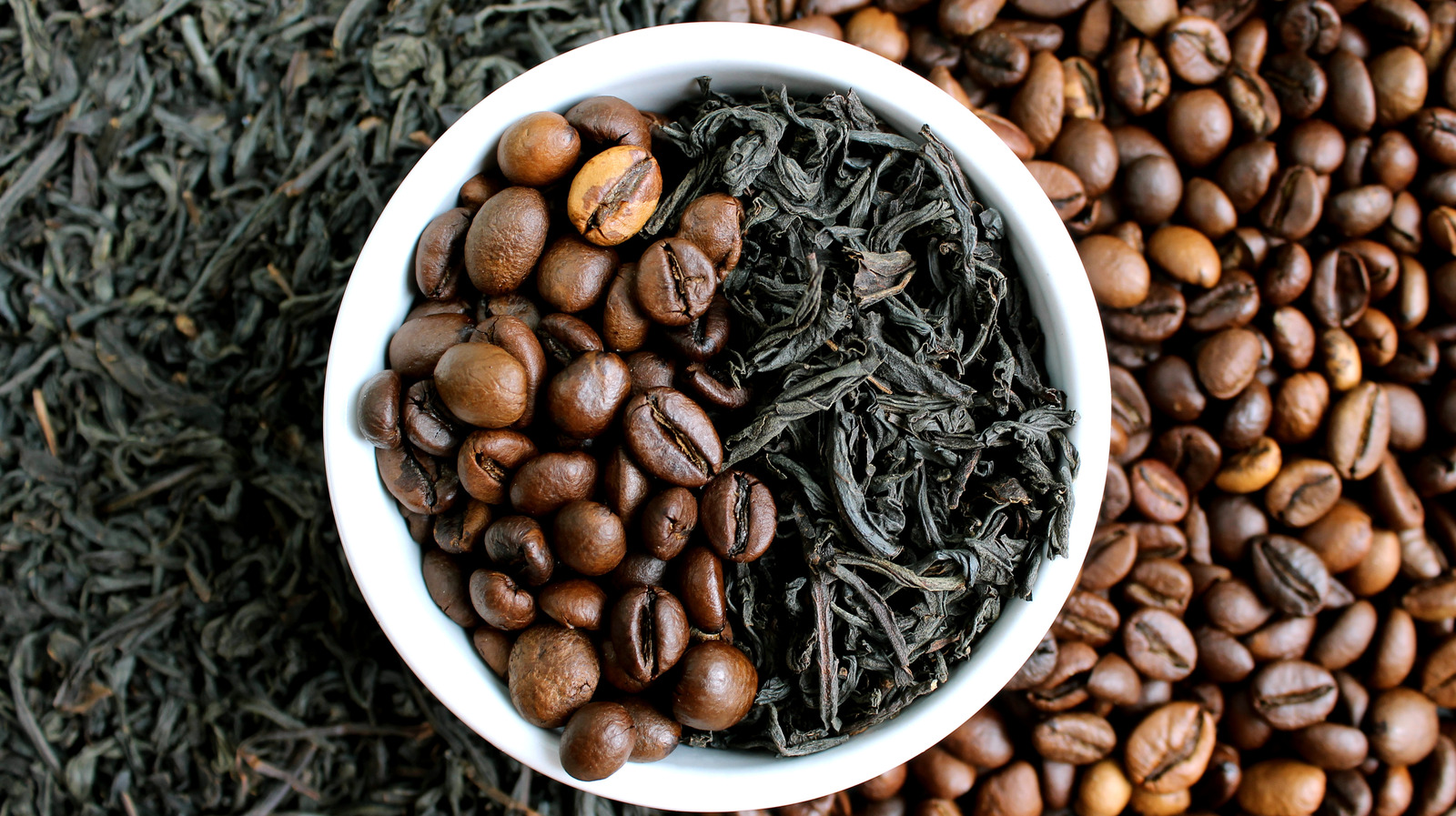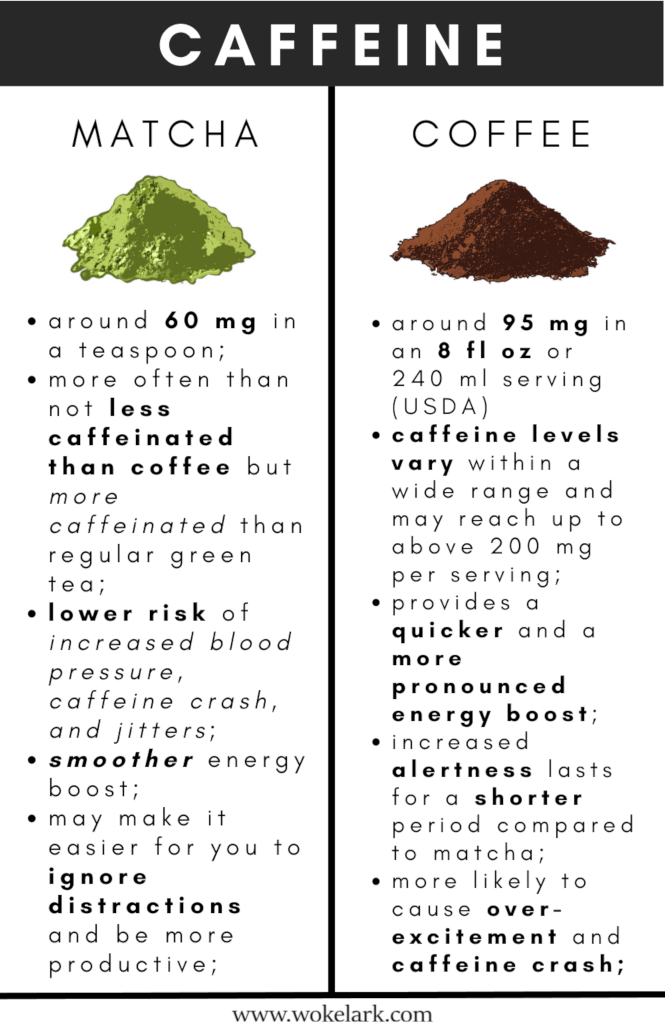

You can purchase green tea in a few forms, but it’s usually sold as tea bags or loose-leaf tea.

Preparation Methods Differ Between the Two Types of Tea That may align with your diet and health goals, but it’s something to keep in mind if you’re trying to watch your carbs or cut down on your sugar intake. About half of that sugar may be natural from the milk itself, but the company's blend of sugar and matcha adds a significant amount of the sweet stuff, contributing over 50 percent of the American Heart Association’s recommended daily limit for added sugars, she says. Yet matcha’s popularity has exploded in recent years, and you can now find it as part of matcha lattes and other specialty drinks, though New Jersey–based Lauren Harris-Pincus, RDN, of Nutrition Starring You and author of The Everything Easy Pre-Diabetes Cookbook, cautions, “Some of the blends contain a lot of added sugar.” For instance, a 16-ounce matcha green tea latte at Starbucks has 32 grams of sugar. More research is needed to prove any definite connection, and the researchers cautioned against overstating the metabolic effects of matcha and green tea. Keep in mind that these are two very small, very short-term studies.
Matcha vs green tea caffeine trial#
In addition, a randomized, controlled trial on 21 people found that those who consume green tea with a standard 500-calorie breakfast burned more calories in the four hours after breakfast compared with those who drank water with the meal, though the green tea group reported feeling hungrier than the water group. Research has suggested a link between EGCG and increased fat oxidation in men although this was a randomized, double-blind, placebo-controlled study, it involved only six people and took place over just two days. A study found that when 13 female participants consumed a matcha drink before a brisk walk, they had improved fat burning during that walk.

There may be something to the idea that matcha could enhance weight loss, though. Both Matcha and Green Tea Can Fit Into a Weight Loss or Weight Management PlanĪ review of randomized, controlled trials concluded that green tea induced “small, statistically nonsignificant weight loss in overweight or obese adults.” In other words: It is unlikely to be the X-factor in helping someone lose or maintain weight loss. Enjoying a bevy of antioxidant-rich plant foods and beverages, including green tea and matcha, can help support your body’s natural defenses against inflammation. What’s more, she explains, the body’s built-in antioxidant system exists to help protect cells from damage from the inflammatory cascade. Inflammation should decrease once the threat is over and your body returns to baseline. Inflammation is your body’s response to an injury or invader (think splinters, viruses, or bacteria), according to Harvard Health Publishing. “Inflammation is probably the single most important thing to discuss when talking about disease prevention and overall health,” says Foroutan. Matcha and Green Tea May Help Reduce Inflammation “Matcha is a supercharged version of green tea,” she says. That’s because matcha tea is made when matcha powder dissolves in water, so you’re consuming the entire leaf and all its nutrients. Matcha contains at least 3 times the amount of EGCG as popular varieties of green tea (and up to 137 times the amount of EGCG compared with certain brands of green tea), according to research, says Foroutan. This antioxidant has been credited as giving green tea its health properties, which include anti-cancer and anti-inflammatory properties as well as cardiovascular protection, notes a research review. There are several catechins in green tea, but the most abundant one is epigallocatechin-3-gallate (EGCG). According to one study, the catechins in green tea can help protect against oxidative stress and its associated diseases. Green tea in particular is known as a healthy beverage, as it contains catechins, which offer antioxidant properties. Those who drink it regularly had a life expectancy that was 1.26 years longer compared with those who avoid the brew, likely due to the heart-healthy benefits of tea, according to research. In general, tea drinkers may enjoy longer lives. Both green tea and matcha are low-calorie drinks - it’s only when you add milk, cream, sugar, sweeteners, and other matcha latte favorites that the calorie count starts to creep up (but more on that later). The number of calories in matcha may vary slightly by brand, but according to the USDA, matcha generally contains around 4 calories per serving. Department of Agriculture (USDA), 1 cup of green tea contains about 2 calories. Both Matcha and Green Tea Carry Nutrition and Health Benefits


 0 kommentar(er)
0 kommentar(er)
